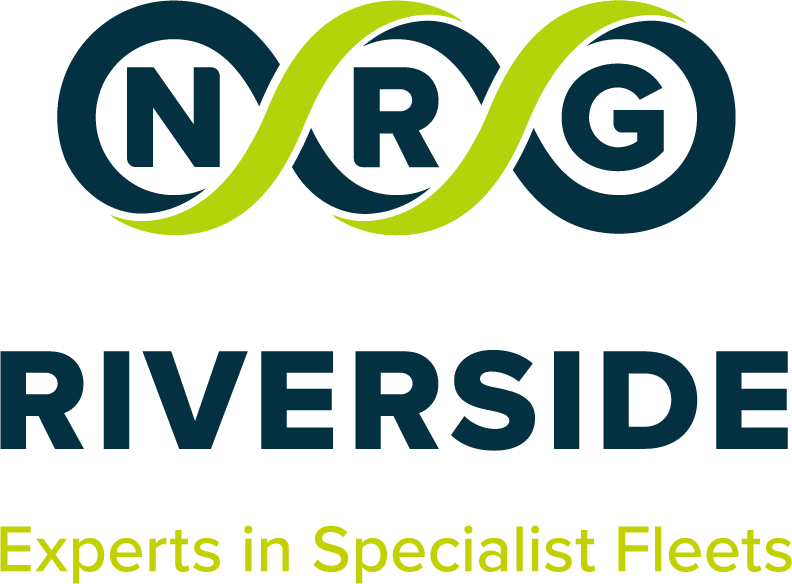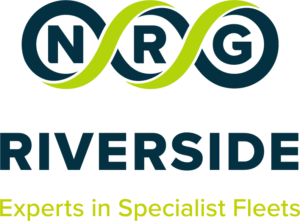Sustainable Fleet Management Powered by Telematics in the UK
The demand for sustainability is louder than ever in the present era. In the United Kingdom, the transportation industry plays a major role in carbon emissions and environmental damage. Fleet management is an area that is ready for a transformation towards a more environmentally friendly future, and telematics technology has emerged as a strong supporter. It assists municipal and specialised fleet rental services in the UK by monitoring and improving vehicle efficiency, while also reducing fuel consumption and emissions.
Understanding Telematics
Telematics, the fusion of telecommunications and informatics aimed at remote vehicle monitoring and control, has become an invaluable tool for modern fleet management. Leveraging the capabilities of the Global Positioning System (GPS) and onboard sensors, telematics systems gather a wealth of data concerning a vehicle’s whereabouts, speed, driver behaviour, and engine efficiency.
NRG Riverside has embraced this technology with Geotab, installing it in the majority of their fleet. Geotab’s fleet management software, MyGeotab, offers versatile customisation options that empower businesses to address specific fleet management needs, from enhancing productivity and optimising fleet operations to improving safety, ensuring sustainability compliance, and planning for expandability.
By harnessing MyGeotab, fleet managers at NRG Riverside can access a comprehensive overview of their fleet operations. The collected data is seamlessly transmitted to a centralised system for meticulous analysis. This wealth of insights empowers fleet managers to make well-informed decisions that impact maintenance schedules, route planning, and driver behaviour, ultimately leading to enhanced operational efficiency and performance.
Moreover, Geotab’s fleet management software extends its utility by offering tools for generating growth opportunities and cost savings. Fleet managers can further tailor the software to meet specific fleet requirements through MyGeotab’s Software Development Kit (SDK). Geotab simplifies the complexity of data collection, transforming it into actionable information. For example, it allows businesses to analyse how driving habits, time of day spent driving, and vehicle make, and model affect fuel consumption by normalising the data to a common unit of measurement, streamlining fuel management.

Enhancing Sustainability Through Telematics
Telematics technology proves to be a valuable asset in the pursuit of sustainable fleet management. With its wide range of capabilities, it plays a crucial role in minimising environmental impact and improving operational efficiency through the following means:
Boosting Fuel Efficiency
Telematics has made a significant impact on fleet management by enhancing fuel efficiency. By providing real-time data on engine idling, harsh acceleration, and excessive speeding, telematics systems enable fleet managers to identify inefficient driving practices and implement corrective actions. This approach results in considerable fuel consumption reductions, leading to cost savings and a reduced carbon footprint.
Streamlining Route Planning
Telematics technology proves invaluable in optimising vehicle routes. By dissecting traffic conditions and historical data, fleet managers can craft more efficient routes, not only saving time but also reducing fuel usage. This approach not only benefits the environment but also enhances customer satisfaction by ensuring punctual deliveries.
Facilitating Vehicle Maintenance
Telematics technology is of great value in optimising vehicle routes. By analysing traffic conditions and historical data, fleet managers can create more efficient routes, resulting in time savings and reduced fuel consumption. This approach not only contributes to environmental benefits but also improves customer satisfaction by ensuring timely deliveries.
Curbing Emissions
Emission reduction is a top priority in the realm of sustainable fleet management. Telematics technology provides invaluable information about a vehicle’s emission levels, enabling fleet managers to effectively monitor and report their carbon footprint. By identifying specific areas where emissions can be minimised, such as encouraging improved driving behaviours or upgrading vehicles, fleets are actively working towards a greener and more environmentally aware future.
Monitoring Driver Behaviour
Telematics systems also have a crucial role in monitoring and enhancing driver behaviour. By providing drivers with feedback regarding their driving habits, such as excessive idling or aggressive acceleration, fleets promote eco-friendly driving practices. This not only reduces fuel consumption but also enhances road safety.
Telematics technology is revolutionising the fleet management landscape in the UK. By providing real-time data and insights, municipal and specialist fleet hire services are making remarkable progress towards sustainability. Not only does this result in reduced fuel consumption, emissions, and improved vehicle efficiency, but it also has significant financial benefits. In light of the world’s environmental challenges, the importance of telematics in sustainable fleet management cannot be overstated. It is a powerful tool that is driving change and paving the way for a greener and more sustainable future for the UK’s fleet industry.










